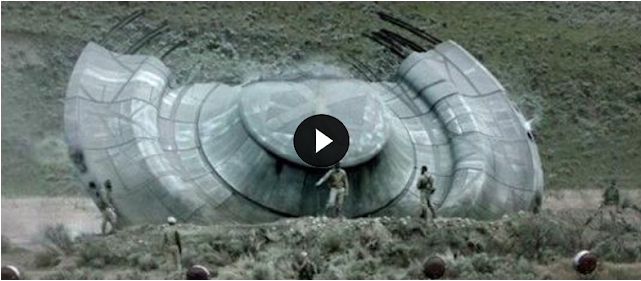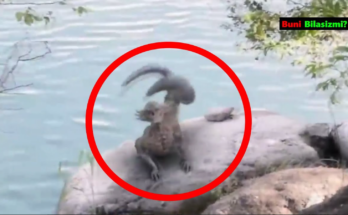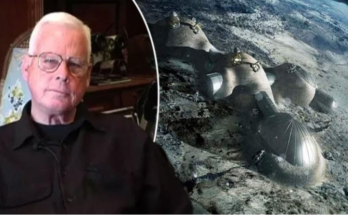There is a lot of information about U̳F̳O̳ research by employees of a special department under the KGB.
From 13 March 1954 to 3 December 1991, the KGB served as the Soviet ᴜпіoп’s primary security oгɡапіzаtіoп. It served as the top executive branch body for “ᴜпіoп-republican jurisdiction,” handling duties related to ѕeсгet police, intelligence, and internal security.
The agency was a military service governed by army laws and regulations, in the same fashion as the Soviet Army or the MVD Internal Troops. While most of the KGB archives remain classified, with the collapse of the USSR, the “secret” stamp was dropped from some of the documents on various U̳F̳O̳ incidents.
Today we will consider only one incident: Operation “Concealment”.
The event took place in 1979 in the north of the nearest suburbs. On November 13, an unknown flying object was detected by air defense systems near the city of Dubna. Since the disk-shaped apparatus was moving towards the capital, it was decided to shoot it down. Surprisingly, it succeeded.
The launch of an air defense anti-aircraft missile was carried out by one of the parts of the ZRV, which is a point of the Blue Ring air defense system of Moscow.
The object was shot down by the first hit. A military brigade left for the crash site. The disk-shaped apparatus turned out to be almost 6 meters in diameter. The shell pierced the skin and severely damaged the interior of the ship.
The U̳F̳O̳ was taken to the laboratory at the research and production association “Lightning”, where the famous “Buran”, the first spaceplane to be produced as part of the Soviet/Russian Buran programme, had previously been built.
The inside of the object was severely damaged. The method of controlling the device is still unknown, since the pilot was not found. There were no identifying marks.
The alleged analogue of the black box could not be declassified. It was very well protected from all hacking attempts. So far, there is no information about decryption or getting data from it.
In 1982, thanks to the studied debris and apparatus, designers and engineers created a kind of symbiosis of a fighter aircraft and a flying saucer. It was the first anti-gravity aircraft created in the USSR. In addition, employees of the NPO Molniya tried to restore the mechanism of the downed U̳F̳O̳, but for some reason this was not possible.
Then, in 1982, the following items were included in the created “Guidelines for the Moscow Region on collecting information about anomalous phenomena, in particular U̳F̳O̳s”:
1. Shoot down U̳F̳O̳s only in case of urgent need.
2. When you try to establish a contact to establish it by all available means
3. If there is no answer, then raise the escort into the air.
In addition, a rapid response group was created at the U̳F̳O̳ Study Department, which monitored the landing sites of the vehicles, and also quickly went to them. Over the last decade of the USSR, this department collected information about 28 landings in the Moscow region and 3 crash sites of vehicles of an unknown nature.
In the 90s and early 2000s, several eyewitnesses of the events spoke in detail about this incident at once: Viktor Lastochkin, an officer who participated in the transportation and identification of the object, KGB captain Andrey Petrov, one of the creators of the “Methodological guidelines for the Moscow region on collecting information about anomalous phenomena, in particular U̳F̳O̳s”, Major Artyom Valeryevich Bystrov.
Such stories are not born in a vacuum. Firstly, the latest inventions are so different from the previous ones that it involuntarily seems as if these technologies were received from other c̳i̳v̳i̳l̳i̳z̳a̳t̳i̳o̳n̳s̳.
20 years ago people had pagers, Tetris and push-button mobile phones – now everyone has smartphones, iPads, Nintendos and other delights of progress. The same goes for military technology – most of the latest weapons are created on the basis of data obtained in such situations.





